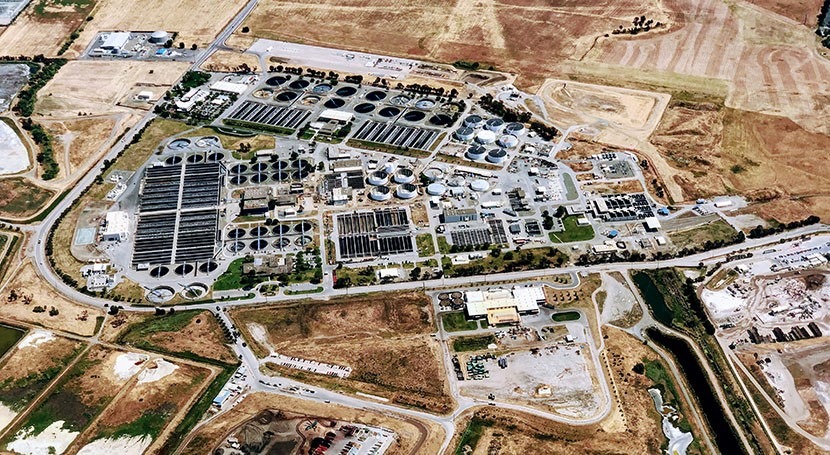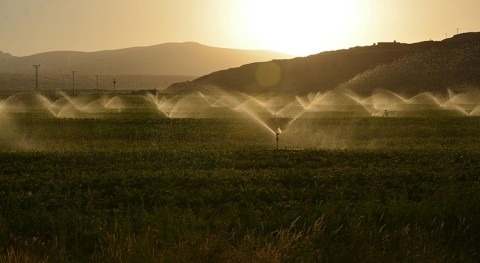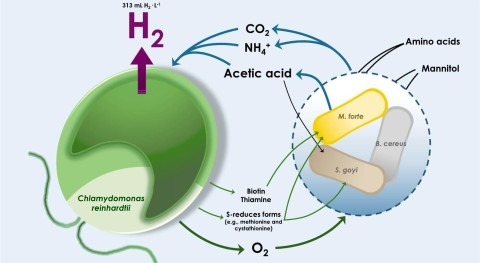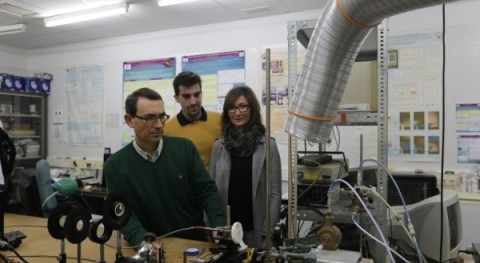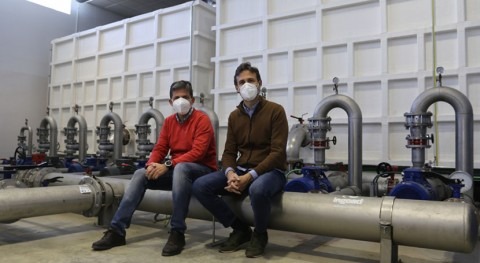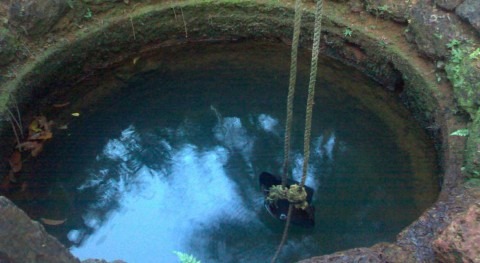The odor emitted by wastewater treatment plants in cities is one of the social problems that technology has been trying to solve for years. The control and management systems of this type of infrastructure have been concerned with minimizing the environmental and odorous impact of this waste, which directly affects quality of life, especially for those who live near treatment plants. Among the latest systems that biotechnology has devised there are two that are on the rise, their effectiveness having been gauged: mechanical ventilation and biofiltration.
Both were evaluated in two independent studies carried out by two scientific teams at the University of Córdoba and published in the Process Safety and Environmental Protection journal. The first of these studies describes the work carried out at real scale at the Wastewater Treatment Plants (WWTP) in two Cordoba towns: Espiel and Villaviciosa, while the second analyzed the operation of pilot-scale biofilters operated at the facilities of the Chemical Engineering area of the University of Córdoba.
Among the latest systems that biotechnology has devised there are two that are on the rise, their effectiveness having been gauged: mechanical ventilation and biofiltration.
In the first work, the analysis of different biological treatments of wastewater showed that the process known as the extended aeration of activated sludge, which is employed at the WWTP in Espiel, emits slightly a higher odor rate per inhabitant than the rotating disk system used in Villaviciosa. It was also found that the system in Espiel is more efficient and intensive for the treatment of wastewater, and generates a greater amount of sludge, a by-product that can be properly treated, thus favoring the development of the Circular Economy. In addition, as the analysis of the sludge genome has shown, the presence of nitrifying and denitrifying bacteria allows for the elimination of nitrogenous contaminating compounds from wastewater.
The second publication analyzed the effectiveness of biofiltration in eliminating odoriferous compounds in systems filled with different organic waste: pruning waste, exclusively, or mixing them with sludge compost from the treatment plant itself. The results of this work showed that when biofilters are used to remove acidic and water-soluble odorous compounds, such as butyric acid, their efficacy was greater but less lasting than in the removal of less water-miscible compounds, such as D-Limonene. Butyric acid is a compound that is generated in fermentation processes, featuring a characteristic rancid odor, while D-Limonene is a compound characterized by a citrus odor.
In any case, as María Ángeles Martín Santos, a professor of Chemical Engineering at the UCO, explained: "It must be taken into account that all the plants studied comply with the established discharge limits, and that the smell of a treatment station does not always reach the nearby populations. There is a whole process of transport and dilution of polluting odors through the environment that diminishes their perception. The wind, for example, can disperse them. Hence, an essential aspect in wastewater management is where treatment plants are located. The problem is that, as a result of urbanization and rezoning, many sewage treatment plants are very close to towns, so they must be better outfitted with systems to reduce odor emissions."


